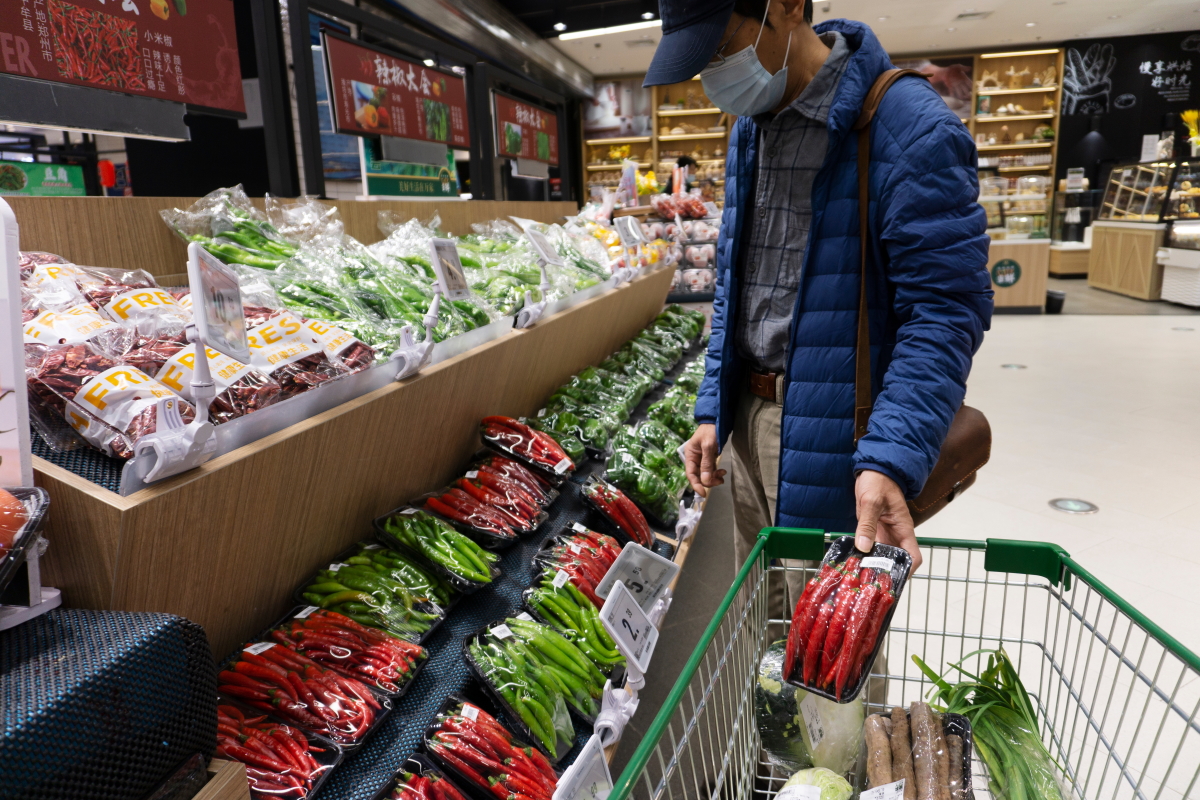China’s consumer prices rose faster than expected in April. Official data from the National Bureau of Statistics (NBS) showed that China’s Consumer Price Index (CPI) rose to 2.1% in April year-on-year – the fastest pace in five months and up from 1.5% in March. Also the producer price index rose 8% year-on-year in April, down from 8.3% in March.
According to Dong Lijuan, senior statistician at the NBS, the uptick in consumer inflation was attributable to virus outbreaks and higher global commodity prices. This is against the backdrop of commodity prices gradually declining from their very high levels amid the ongoing war in Ukraine. However, costs remain elevated and have thereby squashed manufacturers’ profits.
China’s lockdown and restrictions intended to contain the virus but have indirectly added pressure to operating costs. Factories had it tougher to maintain production, obtain raw materials and ship out finished goods.
“Restrictions imposed as part of China’s zero-Covid-19 policy have led to a plunge in Shanghai freight traffic volume in April and early May. With fewer trucks operating and Shanghai’s port staff unable to load and unload ships at their usual pace, significant backlogs have built up at the Port of Shanghai,” says Fitch Ratings in its latest Economics Dashboard.
“With Shanghai handling around a fifth of China’s port volume and China accounting for 15% of world merchandise exports, shortages of manufactured goods could intensify, adding to existing global inflationary pressures”, the report adds.
As a consequence of the Ukraine-Russia war, China’s fuel prices also jumped to 28% and also contributed to higher consumer prices. In addition, food prices rose as a consequence of the Covid-19 movement restriction measures in China. According the NBS data, the cost of fresh vegetables jumped by 24% from 2021. Meanwhile, the wholesale vegetable prices in the first week of May have continued to drop from the level in April but are still almost 12% above the price in the same week last year.
The data further stated that the core CPI, which excludes volatile food and energy prices, rose to 0.9% as compared to 1.1% in March.
According to Julian Evans-Pritchard, Senior China Economist, at Capital Economics, there are already signs in the producer price data of upstream price pressures easing. “As such, inflation is unlikely to be a constraint on policy action by the PBOC.”
Matthews Asia’s strategist Andy Rothman expects the lockdowns to lead to only temporarily higher food prices. “I do not expect CPI to rise to a level high enough to interfere with the Chinese central bank’s plans to further cut interest rates and boost credit availability,” he wrote in a recent insight.










 Australia
Australia China
China India
India Indonesia
Indonesia Japan
Japan Malaysia
Malaysia Philippines
Philippines Singapore
Singapore South Korea
South Korea Taiwan
Taiwan Thailand
Thailand Vietnam
Vietnam Germany
Germany Hong Kong
Hong Kong USA
USA Switzerland
Switzerland Singapore
Singapore
 United Kingdom
United Kingdom







